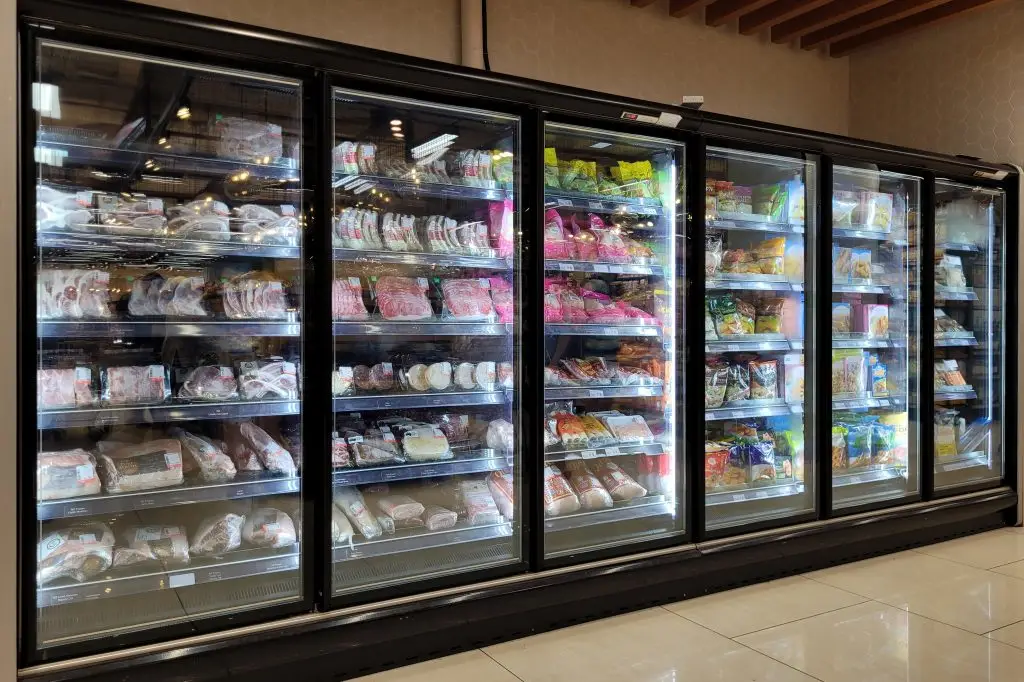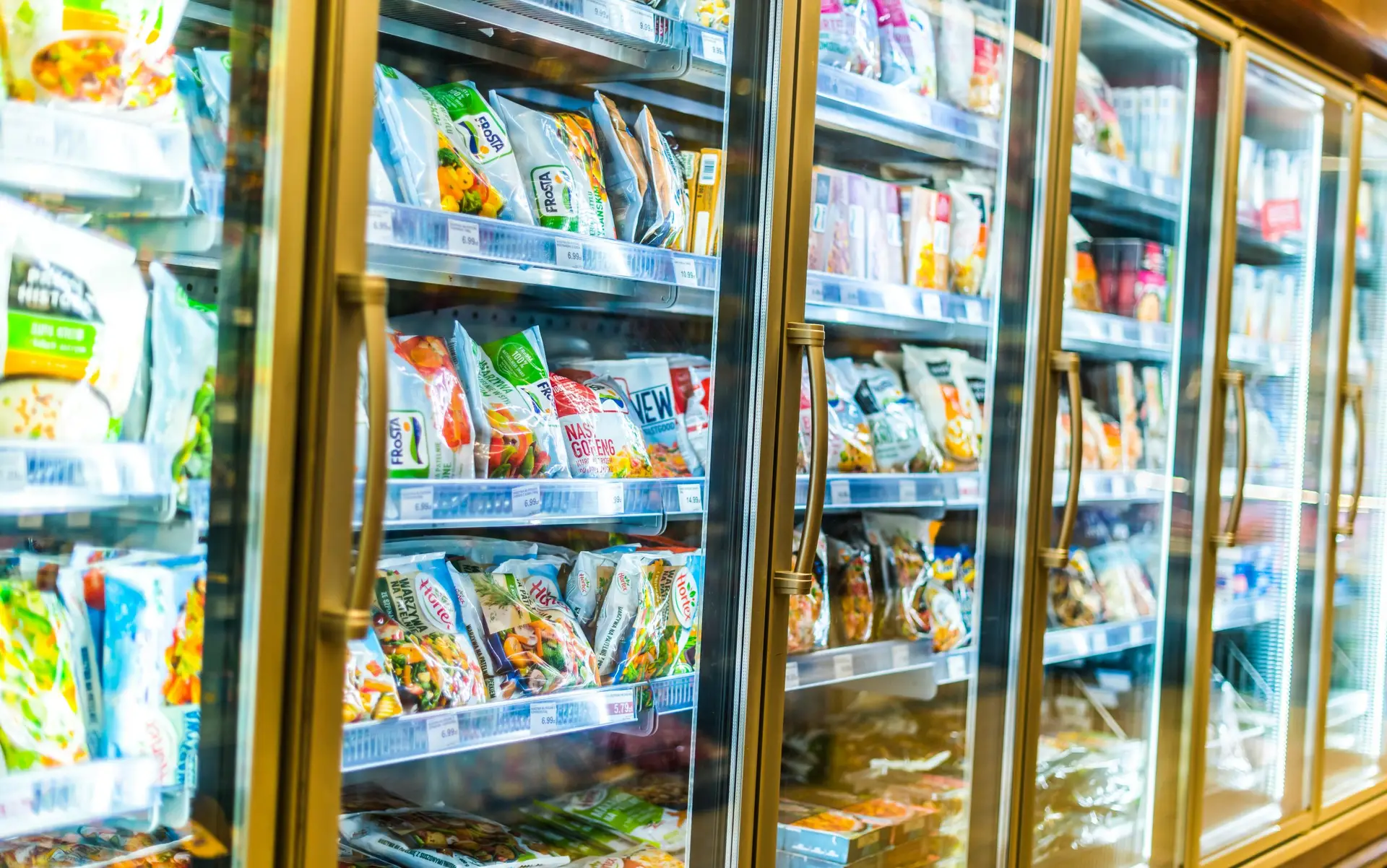Running a bakery or café in Calgary depends on reliable refrigeration. When freezers stop working properly, ingredients spoil, production slows, and profits can drop fast. Regular maintenance and quick response to early warning signs can prevent costly repairs and downtime.
Understanding the Role of Commercial Freezers
A commercial freezer is more than a storage unit. It protects your business’s daily operation by keeping ingredients fresh and safe. For bakeries and cafés, that means frozen dough, butter, cream, and fillings remain in perfect condition until they are needed. The right temperature control maintains food quality, prevents waste, and ensures consistent results.
Temperature consistency is crucial because even a few degrees of fluctuation can lead to partial thawing and refreezing. This damages texture and taste, which directly affects product quality. A well-functioning freezer also keeps the environment sanitary by stopping bacteria growth that can occur when temperatures are unstable.
Common Freezer Problems in Bakeries and Cafés
Understanding common issues helps prevent emergencies. One frequent problem is ice buildup around the evaporator coils or inside the cabinet. This usually indicates poor airflow or a defrost system failure. It forces the compressor to work harder, raising energy bills and risking burnout.
Another sign of trouble is unusual noise. Loud humming, buzzing, or clicking often points to problems with the compressor or condenser fan motor. Ignoring these noises can lead to complete system failure. Water pooling on the floor or around the door often means the drain line is clogged or the door gasket is damaged, both of which can impact temperature control.
Sometimes the issue is electrical. Power surges or loose wiring can cause intermittent failures that are hard to detect. A professional technician can trace these problems safely and prevent further damage.
The Importance of Regular Maintenance
Regular maintenance saves time and money in the long run. Simple habits like cleaning condenser coils every three months can make a big difference. Dirty coils reduce efficiency and increase internal pressure, which shortens compressor life.
Checking door seals regularly also prevents cold air from escaping. Even a small tear in a gasket can cause temperature fluctuations that spoil sensitive ingredients. Keeping interior vents clear and ensuring the unit is not overloaded allows proper airflow and temperature distribution.
Scheduling routine professional inspections ensures that all components, including thermostats, fans, and refrigerant levels, work properly. Preventive care is always cheaper than an emergency call when the freezer breaks down during a busy morning.
For business owners looking for dependable support, it helps to work with local experts who specialize in commercial refrigeration services in Calgary and understand the demands of food service operations.
Signs That Indicate Immediate Attention
If you notice frost forming on products, it means warm air is entering the unit or defrost cycles are failing. This can quickly compromise food quality. Likewise, if you see condensation inside or outside the freezer, the door gasket might need replacement or the humidity control system could be malfunctioning.
Temperature alarms, when available, should never be ignored. A sudden rise in temperature is often the first sign of compressor issues or refrigerant leaks. Pay attention to changes in the energy bill as well. A sudden increase often points to a unit working harder to maintain set temperatures.
Listening to your freezer helps too. Any new sound—whether it’s rattling, grinding, or knocking—means something is off. Turning a blind eye to these early symptoms can lead to larger mechanical failures later.
How to Extend the Lifespan of Your Commercial Freezer
A well-maintained freezer can last more than a decade. To achieve that, placement matters. Keep the freezer in a cool, ventilated space, away from heat-producing equipment like ovens. Proper spacing around the unit allows heat to dissipate and prevents the motor from overworking.
Cleaning is another essential step. Dust and grease accumulate on condenser coils, especially in busy kitchens. Regular cleaning improves cooling efficiency and reduces strain on components.
Avoid overloading the shelves. Air needs to circulate freely for even cooling. Labeling and organizing inventory also reduces door-open time, limiting temperature fluctuations. Finally, training staff to recognize early warning signs ensures quick action before problems escalate.
Why Quick Repairs Protect Profit
Every hour a freezer is down increases the risk of food loss. Thawing ingredients can rarely be reused safely, leading to wasted stock and extra costs. For bakeries and cafés, the timing can be critical—an outage during preparation hours can delay orders and frustrate customers.
Prompt repair protects both product and reputation. It also prevents secondary damage. When components like compressors or fans malfunction, other parts may overwork to compensate, leading to a chain reaction of breakdowns. Fixing the initial issue quickly saves money and minimizes risk.
The Value of Professional Expertise
While some basic maintenance can be done in-house, complex repairs require certified technicians. Commercial freezers use sealed refrigerant systems that need specialized tools and training. Handling refrigerant without certification can violate regulations and cause safety hazards.
Professional technicians not only fix problems but also diagnose the root cause. They check the refrigerant charge, test thermostats, calibrate sensors, and verify airflow balance. Their expertise ensures that the unit operates at its designed capacity, which supports consistent product quality and lower utility bills.
Preventing Future Issues through Monitoring
Modern commercial freezers often include digital temperature controls or monitoring systems. These features allow you to detect small changes early. Setting up alerts can help staff respond before a full failure occurs.
Even without advanced systems, keeping a temperature log helps. Recording readings at the start and end of each day shows patterns that may reveal hidden issues. If you notice gradual temperature drift, it may be time to schedule an inspection.
Combining daily monitoring with seasonal maintenance creates a balanced approach to freezer care. It’s not about over-servicing; it’s about preventing stress and maintaining reliability.
Choosing the Right Repair Partner
When selecting a service provider, look for experience with food service equipment. Restaurants and cafés have unique needs, and technicians who understand that can minimize disruption. Availability matters too. Problems don’t follow business hours, so access to emergency support is essential.
Transparent communication also makes a difference. You should understand what went wrong, how it’s being fixed, and what steps can prevent recurrence. A reliable technician will explain the cause and offer guidance on future maintenance rather than simply replacing parts.
A consistent maintenance partnership also allows technicians to become familiar with your equipment history. That knowledge leads to faster diagnostics and better long-term performance.
Building a Routine for Long-Term Reliability
Making freezer care part of your weekly routine keeps equipment dependable. Dedicate a few minutes each day to check temperatures, listen for unusual noises, and ensure doors close properly. Schedule deep cleaning and professional servicing during slower business periods.
Training staff to report even small irregularities helps catch issues early. Encourage everyone to see freezer performance as part of the kitchen’s overall success. When maintenance becomes habit, downtime decreases naturally.
If your business needs guidance or urgent repair, you can always contact us to arrange a service visit or inspection. Prompt communication prevents bigger problems later.
Frequently Asked Questions
1. How often should a commercial freezer be serviced?
At least twice a year. Spring and fall maintenance schedules help prepare the system for seasonal temperature changes and reduce stress on components.
2. What temperature should a commercial freezer maintain?
Most operate best between minus 18 and minus 23 degrees Celsius. Consistency within this range keeps food safe and preserves texture and flavor.
3. Why does frost build up inside the freezer?
Frost forms when warm air enters, usually from frequent door openings, faulty gaskets, or defrost timer issues. Checking seals and scheduling defrost maintenance can solve it.
4. Can I fix minor freezer issues myself?
You can clean coils, replace door gaskets, and clear blocked drains safely. Anything involving electrical or refrigerant components should be handled by professionals to avoid further damage.
5. What should I do if my freezer stops cooling suddenly?
First, check for power supply issues and make sure doors are closed tightly. If the compressor is running but the temperature rises, disconnect power and call a technician immediately to prevent food spoilage.





